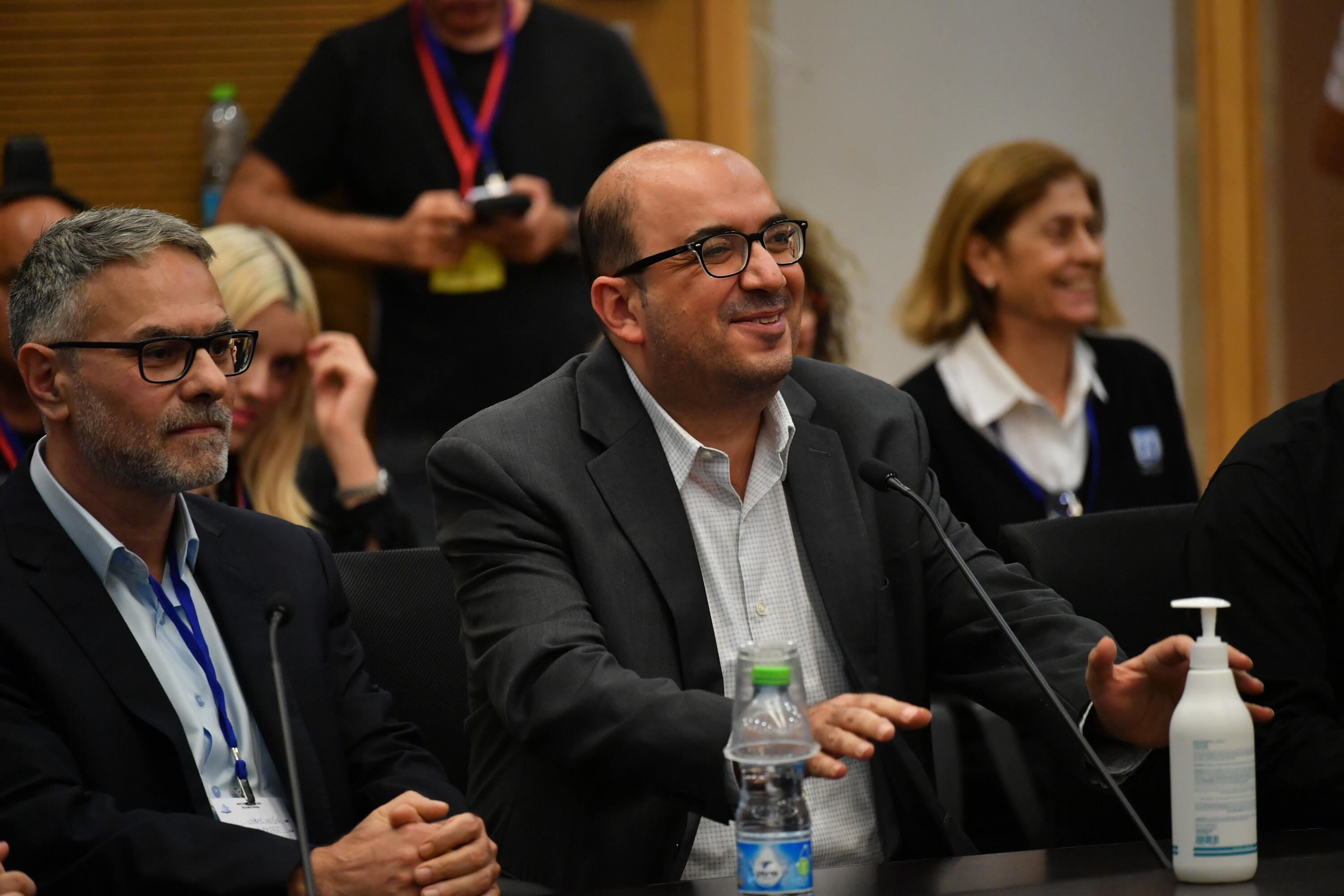The Secret Pact: Did Bibi Win in 2022 by Teaming Up with Israel’s Most Extreme Arab Party?
A senior adviser’s testimony suggests covert coordination between Balad, Netanyahu allies, and Qatar—raising troubling questions about foreign influence and political manipulation.

In the months leading up to Israel’s November 2022 election, strange alliances and unusual political moves drew quiet murmurs in the halls of the Knesset. Now, in light of emerging testimony and insider accounts, those murmurs are turning into something louder—and far more alarming.
According to new reporting by veteran journalist Yuval Karni (Ynet), a senior adviser within the Arab nationalist party Balad claims that the State of Qatar may have played a covert role in shaping Israel’s electoral outcome. The claim centers around a series of highly unusual meetings and coordinated strategies between Balad’s leadership and key figures in the opposition—then associated closely with Benjamin Netanyahu’s Likud Party.
While Likud publicly brands Balad as a "terror-supporting" party, behind closed doors, meetings allegedly took place between MK Sami Abu Shehadeh, Balad’s leader, and Likud heavyweights such as Yariv Levin, Yoav Kisch, and Aryeh Deri of Shas. The alleged goal: to collaborate on bringing down the Bennett-Lapid government, even at the cost of encouraging division within the Arab political bloc.
A Ghost From the Past: Azmi Bishara
At the heart of the controversy lies Azmi Bishara, the exiled former Balad leader who fled Israel in 2007 after being suspected of aiding Hezbollah during the Second Lebanon War. Now living under Qatari protection, Bishara has long been rumored to remain influential within Balad’s ideological orbit—despite official denials.
According to the adviser’s testimony, days before party lists were finalized for the 2022 election, consultations reportedly occurred between Israeli and Qatari actors—specifically between Balad and Bishara, who allegedly encouraged Balad to run independently, fully aware the party would likely fail to pass the electoral threshold. This move, in effect, “burned” tens of thousands of Arab votes—crippling the Arab electoral bloc and boosting Netanyahu’s coalition.
A Calculated Withdrawal
Balad’s last-minute decision to separate from the Joint Arab List (Hadash-Ta’al) came as a shock at the time and seemed totally irrational, but now appears to some political observers as a strategically orchestrated move. A former political figure familiar with the events said:
“Abu Shehadeh led the anti-government narrative for a year, sitting with Kisch, Levin, and Deri to coordinate how to bring the coalition down. He suddenly received airtime from pro-Netanyahu journalists, was encouraged to attack Ra’am, and helped stoke nationalist tensions.”
The same source refers to these revelations as the real “smoking gun” of the so-called “Qatar-gate”:
“The decision to run alone was made even though they knew they wouldn't cross the threshold. We now understand that foreign considerations—likely Qatari—played a role.”
Legal Echoes and Political Irony
Further complicating the picture is the identity of Balad’s legal representative in a previous disqualification case: Attorney Amit Hadad, who is currently Netanyahu’s lead defense attorney in his corruption trials.
Balad explains that they were originally directed to Hadad by the late Yaakov Weinroth and that the legal representation was purely professional.
Abu Shehadeh himself denies any direct involvement of Bishara in the 2022 campaign:
“That’s a conspiracy theory. I talk to Bishara maybe once every two years. He hasn’t been involved with party decisions since he left.”
Yet, according to Ra’am leader Mansour Abbas, this wasn’t just theory—it was political fact. Speaking at a recent conference hosted by Yedioth Ahronoth and Ynet, Abbas stated:
“All three Arab opposition parties cooperated with Likud—but Abu Shehadeh was the most determined. The previous government fell due to this coordination.”
If these claims are accurate, they raise serious concerns not only about political opportunism but also foreign interference in Israeli democracy. What began as quiet backroom deals may soon demand louder answers from all involved.